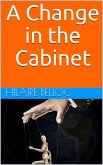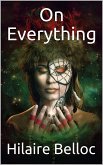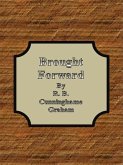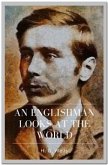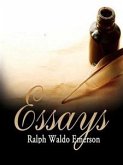A satire portraying a literal battle between books in the St. James library, together with fifteen other pieces Swift's satire, written in 1697, describes the battle between ancient and modern books. At that time, "ancient" referred to the Greek classics and “modern” referred to books written in the 17th century. It was a rebuttal to authors who were writing that modern knowledge had surpassed the knowledge that had been available in earlier books. Swift argued that the essential ideas taught by Aristotle and others were just as valid and important as ever. "The Battle of the Books" is the name of a short satire written by Jonathan Swift and published as part of the prolegomena to his A Tale of a Tub in 1704. It depicts a literal battle between books in the King's Library (housed in St James's Palace at the time of the writing), as ideas and authors struggle for supremacy. Because of the satire, "The Battle of the Books" has become a term for the Quarrel of the Ancients and the Moderns. In France at the end of the seventeenth century, a minor furore arose over the question of whether contemporary learning had surpassed what was known by those in Classical Greece and Rome. The "moderns" (epitomised by Bernard le Bovier de Fontenelle) took the position that the modern age of science and reason was superior to the superstitious and limited world of Greece and Rome. In his opinion, modern man saw farther than the ancients ever could. The "ancients," for their part, argued that all that is necessary to be known was still to be found in Virgil, Cicero, Homer, and especially Aristotle. This literary contest was re-enacted in miniature in England when Sir William Temple published an answer to Fontenelle entitled Of Ancient and Modern Learning in 1690. His essay introduced two metaphors to the debate that would be reused by later authors. First, he proposed that modern man was just a dwarf standing upon the "shoulders of giants" (that modern man saw farther because he begins with the observations and learning of the ancients). They possessed a clear view of nature, and modern man only reflected/refined their vision. These metaphors, of the dwarf/giant and the reflecting/emanative light, would show up in Swift's satire and others. Temple's essay was answered by Richard Bentley, the classicist and William Wotton, the critic. Temple's friends/clients, sometimes known as the "Christ Church Wits," referring to their association with Christ Church, Oxford and the guidance of Francis Atterbury, then attacked the "moderns" (and Wotton in particular). The debate in England lasted only for a few years.



